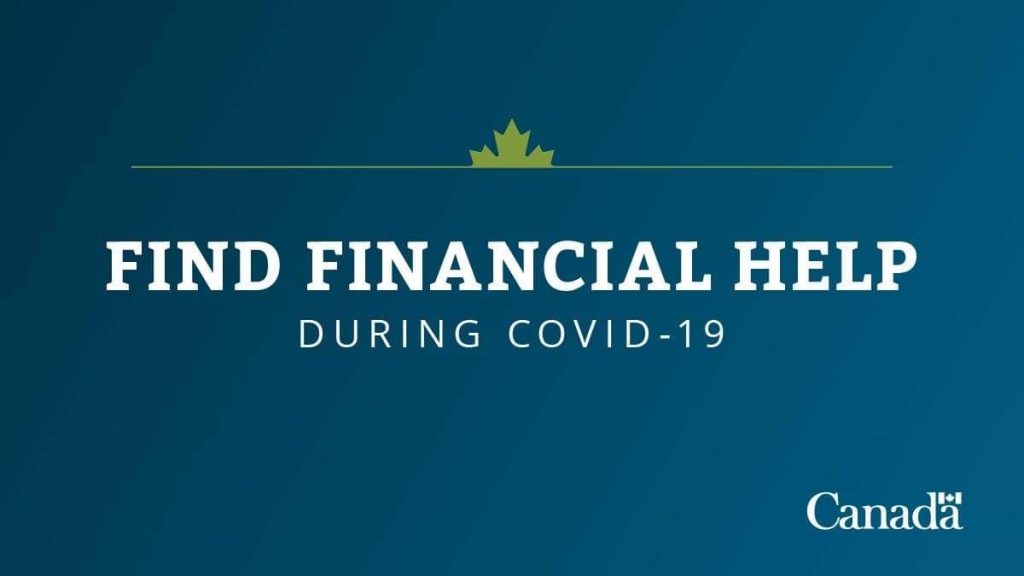×
PRIVACY POLICY
My Staff and I are committed to respecting your privacy. The purpose of this privacy policy is to
explain how I handle personal information to ensure its confidentiality, security and accuracy.
WHAT IS “PERSONAL INFORMATION”?
“Personal information” is information about an identifiable individual. It includes contact
information such as your name, address, email address, phone number and other information
gathered in order to provide you services on this website or at one of my offices.
HOW DO WE OBTAIN YOUR PERSONAL INFORMATION AND WHAT DO WE
OBTAIN?
We obtain the information that you choose to give us. You may do so in a variety of ways
including:
When you visit my website or office for the purpose of requesting information or
services from my office.
When you subscribe to my communications.
If you register for or attend an event.
If you complete a form on my website.
It is also possible that your information could be provided to us by a team member, friend or
family member who is requesting our assistance on your behalf and have signed the
authorisation form to represent you.
The information that we collect may include:
Contact and identification information, such as your name, address, telephone numbers,
e-mail address and social media contacts.
Additional information we may need to assist you with accessing government programs
or services or resolving any issue related to government programs or services.
HOW DO WE USE AND SHARE PERSONAL INFORMATION?
We will not, without your consent, use your personal information for any purpose other than as
described in this privacy policy, except where permitted or required by applicable legislation.
We also use your personal information to communicate with you about my activities as
Member of Parliament, as well as to provide you with news and information on events and
opportunities to provide your input.
Under no circumstances will we sell your personal information.
Your personal information may be shared with other Members of Parliament, government
departments or crown corporations for the purposes of providing the assistance you've
requested.
In addition, We may engage third party providers to perform tasks on our behalf such as
communications, mailing list distribution, data storage, and providing technical services to my
website.
HOW DO WE PROTECT PERSONAL INFORMATION?
The security of your personal information is important to us.
we use physical, electronic and procedural safeguards to prevent unauthorized use, sharing, loss
and theft of information.
Our security practices are continually evolving to ensure the integrity and confidentiality of our
systems and information in our possession. We use up-to-date security safeguards to protect our
networks and websites.
For information provided online, my website contains security measures in order to protect
against the loss, misuse, or alteration of the information under our control. My website host's
servers are located in controlled and secure environments.
HOW CAN YOU UPDATE YOUR INFORMATION OR UNSUBSCRIBE?
You may update or correct the information you provide to us by e-mailing us. If you have subscribed to receive information, you may unsubscribe
by clicking “Unsubscribe” at the bottom of the email message.
WHAT ABOUT CANADA’S ANTI-SPAM LEGISLATION?
Most of the messages we send you are exempt from the application of Canada’s anti-spam law
as it relates to commercial electronic messages sent to electronic addresses. This is because:
the electronic messages that we send are generally messages of a public service, not a
commercial, character. If we do send any messages to which the law applies and for which
there are no exemptions, we will ensure that we have consent to do so, as required by the law,
and that any other legal requirements e.g. an unsubscribe mechanism, are met.
As a best practice, we have an unsubscribe mechanism for our electronic messages, even where
the law does not require us to do so.
DOES THIS WEBSITE LOG IP ADDRESSES?
We do not log any IP address.
DOES THIS WEBSITE USE COOKIES?
Like many websites, this website uses cookies which are small text files stored on the user’s
browser. This website uses cookies to, for example, assist with site traffic analysis which
includes tracking the time and date of website visits, pages viewed and referring URL’s. There
are simple ways to refuse cookies or accept them each time they are offered. Consult your
browser’s online help for assistance on changing cookie settings or removing cookie files.
LINKS TO OTHER WEBSITES
Our website contains links to a limited number of other websites. We are not responsible for
the content or the privacy policies of these websites.
